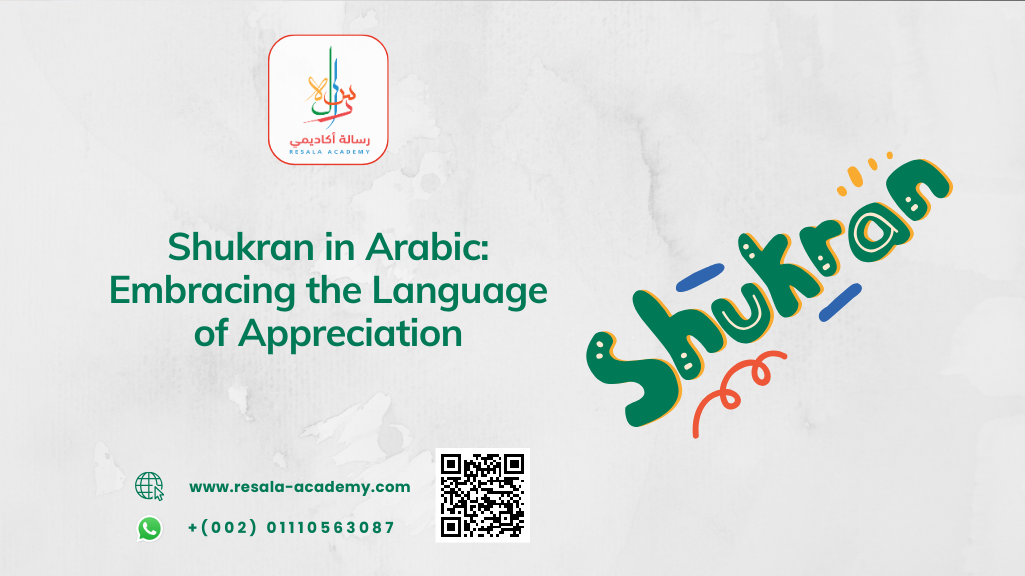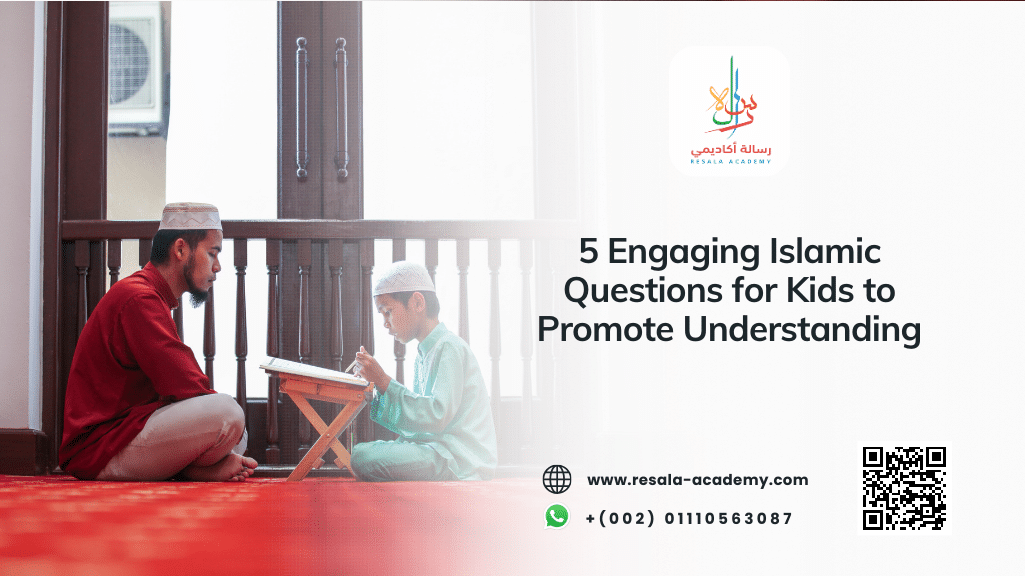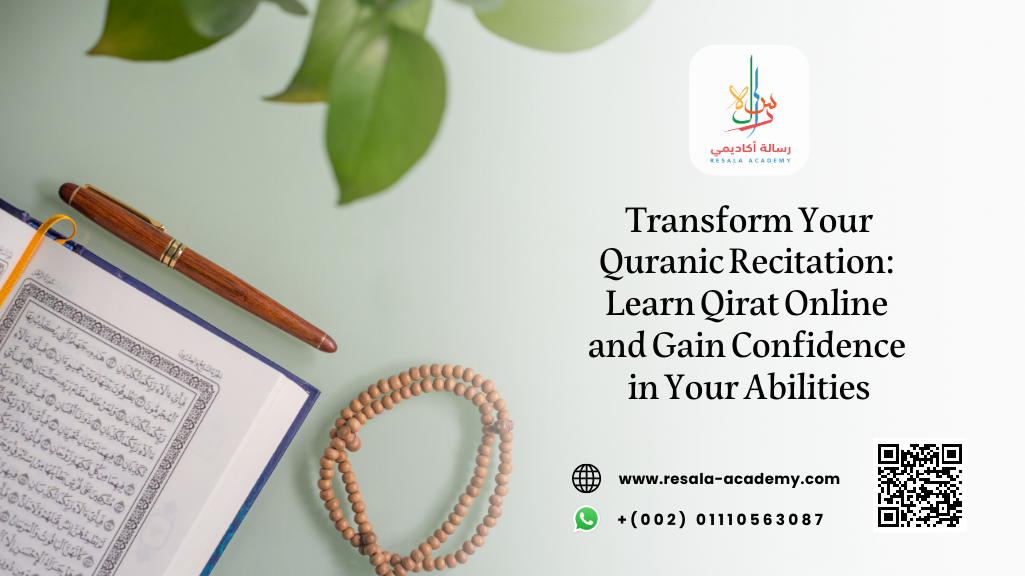Table of Contents
Shukran in Arabic: Embracing the Language of Appreciation
Welcome to the vibrant world of Arabic language and culture! Today, we embark on a linguistic journey that will not only broaden your horizons but also teach you an essential phrase that holds immense cultural significance – Shukran in Arabic. This phrase, meaning “thank you,” is more than just a simple expression of gratitude.
It is a way of life for Arabic-speaking people, encompassing values such as hospitality, respect, and appreciation. Whether you are a beginner or an experienced learner, understanding the importance of Shukran in Arabic will deepen your understanding of the language and its rich cultural heritage.
So let’s dive in and explore how this small yet powerful word can make a big impact in your interactions with Arabic speakers.
Understanding the Meaning of Shukran in Arabic
In the enchanting realm of Arabic, “Shukran” holds a special place. Derived from the root word “sh-k-r,” which means to acknowledge or recognize, this multifaceted term goes beyond a simple expression of gratitude. It encompasses appreciation, acknowledgment, and recognition all rolled into one delightful package.
When you say “Shukran,” you are not just thanking someone for their actions; you are acknowledging their effort, showing respect for their kindness, and recognizing the value they have brought into your life. It’s like saying, “Thank you for not only doing something kind but also being an important part of my journey.”
The beauty lies in its versatility – whether it’s receiving a small favor or experiencing an act of immense generosity, “Shukran” can be used to express gratitude on various scales. It transcends boundaries and languages, allowing people from different cultures to connect through appreciation.
As we dive deeper into the cultural significance of “Shukran” in Arab culture later in this article, remember that this humble phrase carries with it centuries worth of tradition and values. So next time someone does something kind for you or touches your heart in any way, embrace the power and warmth behind “Shukran” as you express your heartfelt gratitude.
The Cultural Significance of Shukran in Arab Culture
In Arab culture, the word “Shukran” holds deep cultural significance. It’s not just a simple expression of gratitude; it embodies respect, appreciation, and a sense of interconnectedness within the community.
First and foremost, Shukran reflects the importance of hospitality in Arab culture. When someone says Shukran to another person, they are acknowledging their kindness or generosity with genuine gratitude. This fosters a sense of unity and strengthens social bonds among individuals.
Furthermore, Shukran is an integral part of Arab etiquette. From a young age, children are taught to express their thanks using this word. It is considered impolite not to say Shukran when given a gift or receiving help from others. By embracing this cultural norm, Arabs show respect for one another and maintain harmonious relationships.
Additionally, Shukran symbolizes humility in Arab culture. By saying thank you through Shukran instead of focusing on personal achievement or merit alone, individuals recognize that their accomplishments would not be possible without the support and contributions of others.
Finally yet importantly, expressing gratitude through Shukran reinforces positive emotions within oneself and those around them. It promotes an atmosphere of positivity and appreciation in everyday interactions that can lead to increased happiness and overall well-being.
The cultural significance attached to the word “Shukran” goes beyond mere words; it represents values deeply embedded in Arabian society – hospitality, respectfulness, and humility – making it an essential part of daily life for Arabic speakers worldwide.
Different Ways to Say “Thank You” in Arabic
1. Shukran: This is the most common way to express gratitude in Arabic. It is a simple yet powerful word that carries deep meaning and appreciation.
2. Shukran Jazeelan: If you want to convey extra thanks or show your sincerest gratitude, adding “jazeelan” at the end of “shukran” enhances the level of appreciation.
3. Barakallahu feek/feeki: This phrase translates to “May Allah bless you.” It is used when expressing gratitude for someone’s help, kindness, or generosity.
4. Alhamdulillah: Although this phrase means “Praise be to Allah,” it can also be used as a way of saying thank you in certain situations, especially when expressing relief or gratitude for something positive happening in your life.
5. Tasharrafna (lit.) / Afwan (colloq): These two phrases are commonly used together and mean “You’re welcome” or “Don’t mention it.” They are polite ways of responding to someone who thanks you for something.
6. Jazak Allahu khairan/khayrun katheeran: This expression is often used when thanking someone for their good deeds or acts of kindness with the added emphasis on wishing them abundant goodness from Allah.
7. Shukriya (Arabicized Urdu): In some Arab countries where Urdu influence exists, such as Saudi Arabia and Kuwait, people may use this term borrowed from Urdu-speaking populations instead of shukran.
By familiarizing yourself with these different ways to say thank you in Arabic, you can better connect with Arab speakers and show your genuine appreciation in various contexts!
How to Express Gratitude and Appreciation Using Shukran
Expressing gratitude and appreciation is a universal language that transcends cultural boundaries. In Arabic, the word “Shukran” holds immense power in conveying heartfelt thanks. So, how can we embrace this beautiful language of appreciation?
Remember to say Shukran with sincerity and warmth when someone does something kind or helpful for you. Whether it’s a simple gesture or a significant favor, let the person know that their actions are truly appreciated.
Go beyond just saying Shukran by using it as an opportunity to connect on a deeper level. Take the time to express specific aspects of what you’re grateful for. For example, instead of just saying Shukran for the gift, mention why it means so much to you or how it has made your life better.
Consider incorporating non-verbal cues into your expression of gratitude using Shukran. A warm smile accompanied by eye contact can amplify the impact of your words and convey genuine appreciation.
Don’t limit yourself to verbal expressions alone! Show gratitude through thoughtful gestures like writing a heartfelt note or offering assistance when needed. Small acts of kindness can go a long way in showing others how much they mean to you.
By embracing Shukran as more than just a phrase but as an attitude and practice in our daily lives, we not only cultivate meaningful connections but also experience the transformative power of gratitude ourselves.
Benefits of Practicing Gratitude through Shukran
1. Enhances Emotional Well-being: Expressing gratitude through Shukran can have a profound impact on our emotional well-being. It allows us to focus on the positive aspects of our lives, fostering feelings of joy and contentment.
2. Strengthens Relationships: When we say Shukran sincerely, it not only shows appreciation but also strengthens relationships with others. By acknowledging their efforts or kindness, we create deeper connections and mutual respect.
3. Cultivates a Positive Mindset: Incorporating Shukran into our daily interactions helps cultivate a positive mindset. It shifts our perspective from dwelling on what is lacking to recognizing and appreciating the abundance in our lives.
4. Improves Overall Mental Health: The practice of gratitude has been linked to improved mental health outcomes, such as reduced stress levels and increased resilience. Saying Shukran regularly can help alleviate negative emotions and promote overall well-being.
5. Boosts Self-esteem: Expressing gratitude through Shukran not only benefits others but also to ourselves. By recognizing the contributions we make or acknowledging personal achievements, we boost self-esteem and develop a sense of self-worth.
6. Creates an Atmosphere of Positivity: When we consistently express gratitude using Shukran, it creates an atmosphere of positivity around us. Others are more likely to reciprocate kindness when they feel appreciated, leading to a harmonious environment.
7. Encourages Personal Growth: Practicing gratitude through Shukran encourages personal growth by promoting self-reflection and mindfulness about what brings us happiness or fulfillment in life.
Remember that incorporating the word “Shukran” into your vocabulary can have numerous benefits for both yourself and those around you! So start embracing this beautiful language of appreciation today!
Tips for Incorporating Shukran into Interactions with Arabic Speakers
1. Start with the basics: Learning a few key phrases in Arabic can go a long way in showing your appreciation to Arabic speakers. Begin by mastering the word “shukran,” which means “thank you.” Practice saying it confidently, and use it whenever appropriate.
2. Be specific and sincere: When expressing gratitude in Arabic, try to be specific about what you are thankful for. Instead of simply saying “shukran,” add more details to show your genuine appreciation. For example, say “shukran jazeelan” (thank you very much) or “shukran ‘ala mosa’adatik” (thank you for your help).
3. Use body language: Non-verbal cues play an important role in communication across cultures. Pairing your verbal expression of thanks with appropriate gestures can enhance its impact. Consider offering a warm smile, making eye contact, or perhaps even giving a small nod of appreciation.
4. Seek opportunities to practice: The best way to incorporate shukran into your interactions is through practice. Look for opportunities to engage with native Arabic speakers and express gratitude genuinely and frequently using shukran and other related phrases.
By incorporating these tips into your interactions with Arabic speakers, you will not only show respect for their culture but also build stronger connections based on mutual understanding and appreciation.
Resala Academy Offers Online Arabic for Kids Course
Are you looking to give your child a head start in learning Arabic? Look no further than Resala Academy’s online Arabic for Kids course! We understand the importance of early language acquisition and want to make it fun and engaging for your little ones.
Our online course is specifically designed to cater to children aged 6-12 years old. With a team of experienced teachers who specialize in teaching Arabic to young learners, we ensure that your child receives the best education possible.
At Resala Academy, we believe in interactive learning. Our courses are filled with exciting games, songs, and activities that capture children’s attention and keep them motivated throughout their language journey. From basic vocabulary words to sentence construction, our curriculum covers all aspects of language development.
Convenience is key in today’s fast-paced world. That’s why our online courses can be accessed from anywhere at any time. Whether your child prefers morning or evening classes, they can easily fit their lessons into their schedule without any hassle.
Give your child the gift of language proficiency with Resala Academy’s online Arabic for Kids course. Watch as they gain confidence in expressing themselves fluently while immersing themselves in Arab culture. Enroll now and let the journey begin!
FAQs
1. What does “Shukran” mean in Arabic?
In Arabic, “Shukran” is the word for “thank you.” It carries a powerful message of appreciation and acknowledges the kindness or help received from others. It’s an essential phrase to know when interacting with Arabic speakers.
2. How do I pronounce “Shukran”?
The pronunciation may vary slightly depending on regional accents, but generally, it is pronounced as SHOOK-ran. Remember to stress the first syllable and make the ‘r’ sound soft at the end.
3. Are there different ways to say thank you in Arabic?
Yes, indeed! While “Shukran” is commonly used throughout the Arab world, there are variations such as “Shokraan,” “Tsharrafna,” or even expressions like “Jazak Allah Khair” (May God reward you with goodness). These phrases further demonstrate your genuine appreciation.
4. Can non-Arabic speakers use Shukran?
Absolutely! Expressing gratitude using Shukran shows respect for Arab culture and can create stronger connections with Arabic speakers. Learning a few basic phrases like Shukran will undoubtedly be appreciated by locals during travels or business interactions.
Conclusion
Shukran, derived from the Arabic root word “sh-k-r,” holds a profound meaning beyond a simple “thank you.” It embodies gratitude, appreciation, and acknowledgment. When uttered with sincerity, Shukran carries the weight of genuine recognition for someone’s actions or kindness.
In Arabic culture, expressing gratitude through Shukran is deeply ingrained. It goes beyond mere politeness; it reflects a sense of respect and humility towards others. Whether it’s receiving a gift or being offered assistance, saying Shukran acknowledges the giver’s thoughtfulness and fosters positive connections in social interactions.
What sets Shukran apart from other expressions of gratitude is its cultural significance. In Arab societies, exchanging pleasantries often entails an exchange of praise and appreciation. Saying Shukran can help build rapport between individuals as they recognize each other’s contributions and show mutual respect.
Moreover, using Shukran demonstrates your willingness to embrace Arab customs and values. By incorporating this word into your vocabulary when interacting with Arabic speakers, you not only convey your gratitude but also display an understanding and admiration for their culture.
So next time someone extends their hand in friendship or offers assistance in an Arab country or community – remember to say “Shukran.” Embrace the language of appreciation that transcends words alone and connects people on a deeper level – one filled with warmth, respect, and heartfelt thanks!




